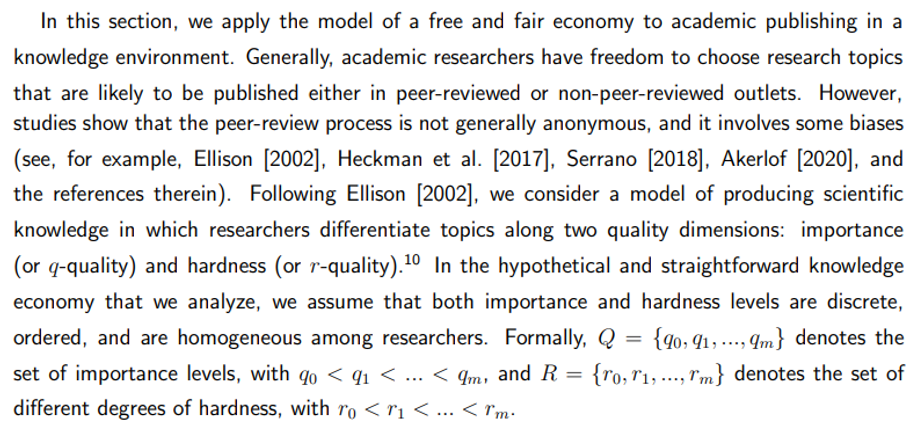Africa’s hotel industry is reportedly a global frontrunner in the adoption of artificial intelligence, although there are some hurdles, a new international study carried out by h2c reveals.
The study, which was commissioned by hotel technology provider Profitroom, shows that hotel chains across Africa and the Middle East are integrating the technology into their operations at a faster pace, surpassing their counterparts in Europe, the Americas, and the Asia-Pacific region.
This also comes as Africa is already seen as a potential global hub for AI developments, with tech giants like Microsoft projecting the region will spearhead digital and AI-related job creations.
Africa’s hotel chain AI adoption overshadows Europe and America
The study shows that while the continent’s hotel sector’s adoption of the technology is ahead of peers, it still lacks the data infrastructure that is needed to maximise its full potential. The researchers found that 57% of Middle East and African (MEA) hotel businesses have already integrated AI-driven features into their products and services.
This figure, according to the study, overshadows adoption rates in Europe and the Americas, which are both at 30%, and the Asia-Pacific region at 29%. According to the study, the global AI integration sits at just 35%.
“African hotels are demonstrating remarkable leadership in turning AI potential into business reality,” said Katarzyna Raiter-Łuksza, Director of Product at Profitroom.
This confidence, according to the study, is supported by solid investment, as it shows MEA hotel chains are more likely to allocate dedicated AI budgets than their peers in regions like Europe and the Americas. The study further reveals that the financial commitment is matched by a higher level of trust in AI’s capabilities.
MEA hoteliers reported the highest trust in AI, tying with Asia Pacific at 7.1 out of 10, which is above the global average of 6.6. These also showed the greatest comfort with AI-driven pricing, scoring it 7.2 out of 10 compared to just 6.2 in the Americas.
Additionally, hoteliers in the region have the lowest concerns about AI negatively impacting guest experience and personalized service. Only 35% expressed this worry, which was far below the 50% global average.
According to the study, this optimism extends to future automation, as 59% of MEA hotel chains expect their digital marketing to be fully automated by 2030, a sharp contrast to the 37% who expect the same in Europe.
But the region still faces challenges
However, despite being the frontrunners, the study also shows that there are critical barriers to continued progress. Almost half -47%- of the MEA hotel chains report that departmental data silos are limiting their AI adoption.
This, according to the researchers, is the highest percentage globally and well above the 28% reported in Europe. This data fragmentation also persists even as 94% of MEA respondents demand real-time predictive analytics from their business intelligence tools, compared to a global figure of 84%.
“The next frontier for African hospitality isn’t just about adopting more AI tools but creating unified data strategies that deliver consistent guest experiences and measurable business outcomes,” added Raiter-Łuksza.
Other barriers to full AI adoption include a lack of a company-wide AI strategy, a challenge shared by other hotel chains globally. The study found that 8% of hotels globally do not have a company AI strategy, while 62% cite a lack of AI expertise.
Want your project in front of crypto’s top minds? Feature it in our next industry report, where data meets impact.
Source: https://www.cryptopolitan.com/hotel-in-africa-lead-in-ai-adoption/


